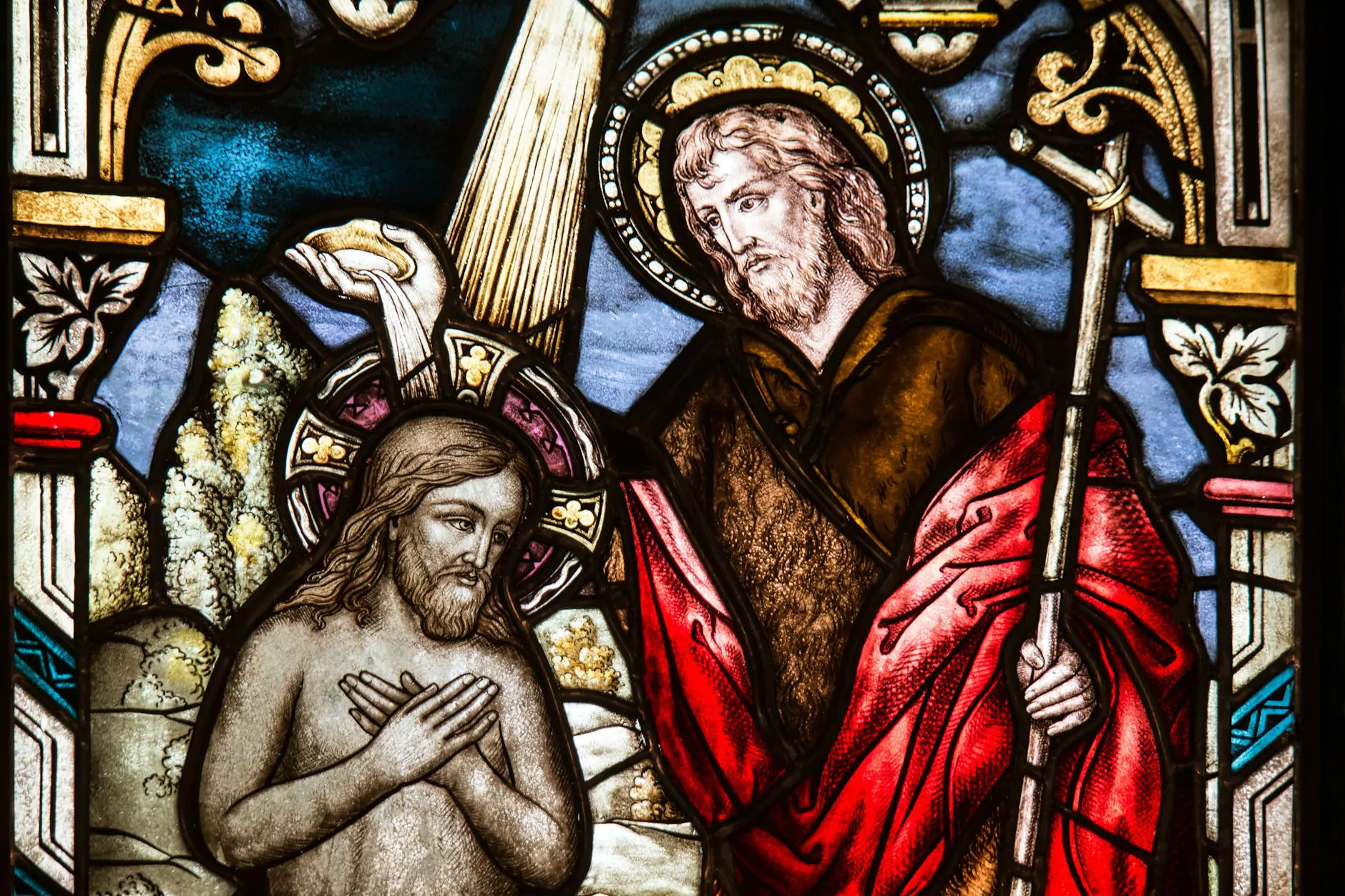Empowering Communities Through Faith and Business: The Role of Zion NYC in Religious Organizations and Synagogues

In today's dynamic socio-economic landscape, faith-based organizations such as synagogues, churches, and other religious entities are not only spiritual centers but also pivotal engines of community development and business innovation. https://zion.nyc/ exemplifies this synergy, showcasing how religious organizations integrate modern business practices with their spiritual missions to foster growth, inclusivity, and societal betterment.
The Intersection of Faith and Business: A New Paradigm for Religious Organizations
Religious institutions are increasingly adopting strategic business methodologies to enhance their operational efficiency, outreach capabilities, and community services. This convergence creates a win-win situation that benefits both congregants and the wider society.
Modernizing Traditional Structures for Greater Impact
- Financial Sustainability: Implementing sound financial management strategies ensures that religious organizations can sustain their missions long-term.
- Innovative Community Programs: Developing programs that cater to diverse community needs promotes inclusivity and social cohesion.
- Digital Transformation: Leveraging technology, such as websites like https://zion.nyc/, enhances accessibility and engagement among followers.
The Role of Zion NYC in Elevating Religious and Community Business Initiatives
https://zion.nyc/ stands as a beacon of how religious organizations can harness the power of business to amplify their spiritual and social messages. Through strategic leadership and innovative programs, Zion NYC exemplifies a model that many faith-based entities aspire to emulate.
Key Initiatives That Drive Growth and Impact
- Community Outreach Programs: Empowering individuals through education, social services, and cultural events.
- Business Partnerships: Facilitating collaborations with local businesses to enhance resource sharing and community development.
- Digital Engagement Strategies: Utilizing social media and online platforms to reach broader audiences and foster community bonds.
The Importance of Synagogues and Churches in Urban Development
In bustling urban environments, faith-based organizations are fundamental in shaping societal progress. They serve as centers for not only spiritual growth but also economic and social resilience.
How Synagogues and Churches Contribute to Business Development
- Networking Opportunities: Creating platforms for entrepreneurs within congregations to connect, collaborate, and innovate.
- Educational Programs: Offering workshops and seminars focused on entrepreneurship, financial literacy, and leadership.
- Community Investment: Supporting local enterprises through sponsorships and partnerships, thus stimulating economic activity.
Building Sustainable Religious Organizations with a Business Mindset
The sustainability of religious organizations hinges on adopting a strategic approach that combines faith with well-planned business practices. This fusion encourages adaptability, resilience, and growth.
Strategies for Sustainability and Expansion
- Financial Planning & Management: Developing comprehensive budgets, fundraising campaigns, and donor engagement strategies.
- Utilizing Technology: Implementing security systems, online donation platforms, and communication tools to streamline operations.
- Community-Centric Programming: Tailoring services to meet evolving demographic needs, ensuring relevance and vitality.
Community-Centric Approaches: Enhancing Lives through Faith-Based Business
Faith-based organizations such as https://zion.nyc/ prioritize community welfare, blending spiritual teachings with practical business strategies to uplift entire communities. This approach fosters trust, engagement, and shared prosperity.
Success Stories of Faith-Inspired Business Initiatives
Across the country, countless examples demonstrate how religious entities drive local economic development:
- Social Enterprises: Churches and synagogues launching social businesses that address local needs—such as food pantries, thrift stores, and educational services.
- Real Estate Development: Transforming underutilized properties into community centers, affordable housing, or commercial hubs.
- Educational Ventures: Offering training programs that equip community members with entrepreneurial skills.
The Future of Faith-Based Organizations in Business and Community Development
The trajectory points toward an integrated future where religious organizations become key players in local and regional economic systems. This integrated model ensures that they remain relevant, financially robust, and impactful in societal transformation.
Emerging Trends and Opportunities
- Green Initiatives: Emphasizing sustainability and eco-friendly practices within operational frameworks.
- Global Networking: Connecting local organizations to global faith-based social enterprise networks.
- Digital Campaigns: Engaging wider audiences through interactive online content and virtual events.
Conclusion: Embracing Business as a Catalyst for Faith and Community Unity
In conclusion, the integration of business practices within faith-based organizations like https://zion.nyc/ represents a powerful paradigm shift. It enhances their capacity to serve, engage, and transform communities. These organizations are no longer solely centers of worship but are evolving into vibrant hubs for social innovation, community upliftment, and business entrepreneurship.
By embracing strategic planning, technological innovation, and inclusive programming, faith-based organizations can ensure their long-term sustainability and expand their positive impact across society. The future promises a dynamic landscape where religion and business coalesce to create thriving, resilient communities rooted in shared values and collective prosperity.









